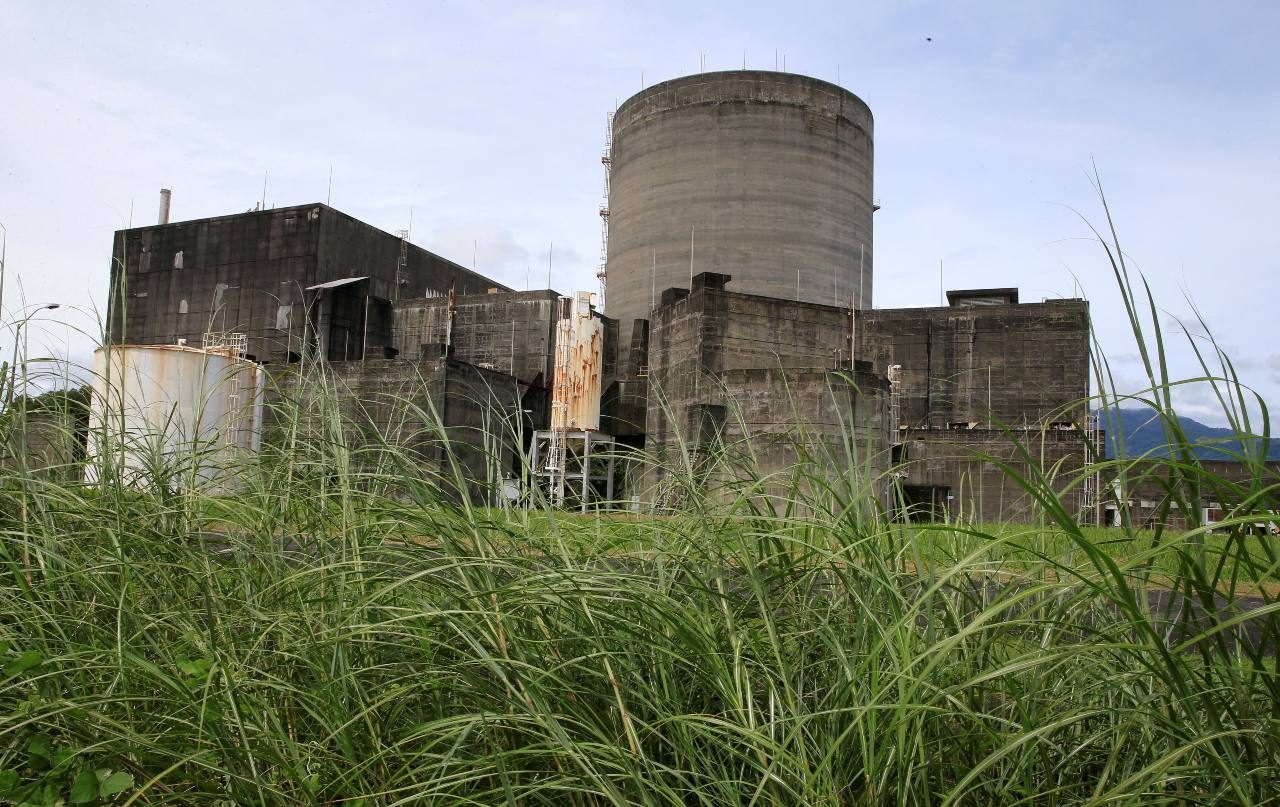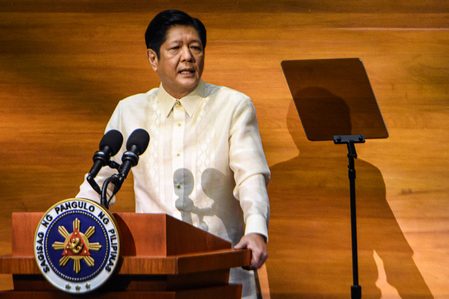SUMMARY
This is AI generated summarization, which may have errors. For context, always refer to the full article.

MANILA, Philippines – President Ferdinand Marcos Jr.’s aspirations to power up the Philippines with nuclear energy gained support from United States Vice President Kamala Harris, who opened up talks regarding the matter during her first visit to Manila.
A readout from Harris’ office said the US has opened up negotiations on a civil nuclear cooperation agreement which will support the Philippines’ initiatives for energy security.
Once in force, the agreement would provide legal basis for the US to send nuclear equipment to the Philippines.
“The United States is committed to working with the Philippines to increase energy security and deploying advanced nuclear reactor technology as quickly as safety and security conditions permit to meet the Philippines’ dire baseload power needs,” said Harris’ office.
Last March, the US and the Philippines signed a memorandum of understanding to boost cooperation on developing Manila’s nuclear energy program, which would involve technical assistance and improving capacity for nuclear infrastructure.
Power crisis
The US’ commitment to assist the Philippines in its efforts to establish a nuclear power plant comes as the country faces an energy crisis amid higher demand and dwindling power sources, such as the depletion of Malampaya gas field reserves.
Energy Secretary Raphael Lotilla earlier said yellow and red alerts are likely in 2023.
Marcos and former president Rodrigo Duterte mulled the reopening of the Bataan Nuclear Power Plant (BNPP), a mothballed project of Marcos’ father, the late dictator Ferdinand Marcos.
Nuclear power is more efficient, has no direct emissions, and takes up less land area.
But maintaining a nuclear power plant is extremely expensive. The BNPP costs P40 million to P50 million to maintain, even though it is not operating. To rehabilitate it would cost at least P558 billion, according to estimates.
Nuclear waste is also expensive. The United States allocates $44 billion for waste disposal alone, while Japan spends $123 billion just for decommissioning.
Moreover, the BNPP’s output of 612 megawatts is now considered small, given the population increase since it was built in 1976.
Mounting debt
Marcos’ push to study the feasibility of nuclear energy for the Philippines also comes at a time when the country’s fiscal space is narrow.
As of end-September, the national debt had ballooned to a new high of P13.5 trillion, as the strong dollar erodes the value of the peso.
Marcos inherited the bulk of former president Duterte’s pandemic borrowings, placing pressure on his administration to raise taxes on certain sectors and seek new revenue streams.
Marcos has urged the private sector to look into nuclear energy investments. Companies, however, have yet to submit proposals or manifest strong interest. – Rappler.com
Add a comment
How does this make you feel?







There are no comments yet. Add your comment to start the conversation.